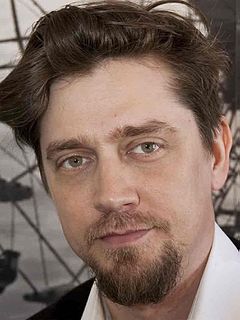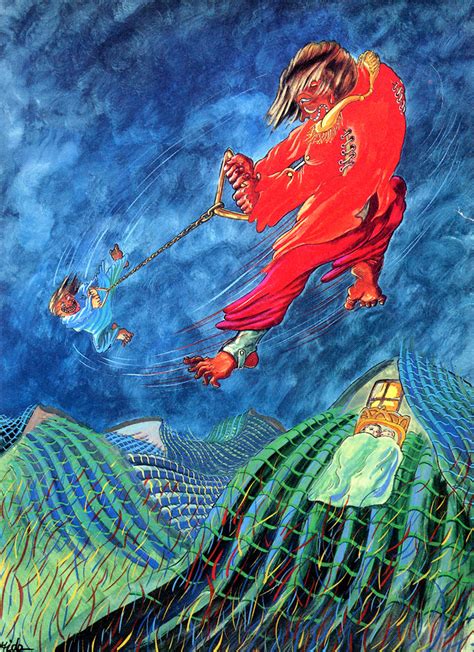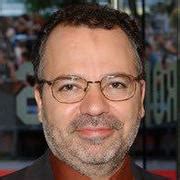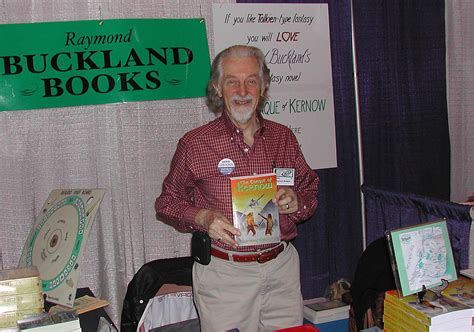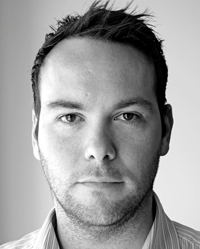A Quote by Henry Cloud
Whatever's happening today, remember it is only ONE SCENE in a long movie. Don't treat it like it's the whole story. Keep writing the story.
Related Quotes
The happening and telling are very different things. This doesn’t mean that the story isn’t true, only that I honestly don’t know anymore if I really remember it or only remember how to tell it. Language does this to our memories, simplifies, solidifies, codifies, mummifies. An off-told story is like a photograph in a family album. Eventually it replaces the moment it was meant to capture.
In a long story like 'Weathercraft,' it becomes kind of convoluted. It can become perhaps difficult to remember what led up to whatever point you're at. I worried a little bit about people being able to keep the shape of the story in their heads while they were reading it, and not wonder how they got wherever they were.
I think it worked two ways. One, a lot of people writing about the movie used that as shorthand and it could either be a good thing or they could use it to dismiss the movie like we were a copycat movie or something like that. It's very much its own story. It is a young woman in a post-apocalyptic society, but after that it's just a whole different kind of story and a different journey that she goes through.
At the beginning when you're writing and building the beats of the story, everything that you put in there seems very essential to the story. However, when you have the movie finally edited and it's 4 four hours long, you realise that some of the events and some of the beats can be easily lifted but the essence of the story remains intact.
I don't particularly like the idea that there's an arc to the story and that therefore in this scene you have to convey this bit of information or emotion. I like more the feeling that, of course, there is a shape to the story, but that each scene should feel right, should be true at that moment, and that gradually you accumulate these moments of truth until you get enough of them together that it becomes a story that's interesting.





